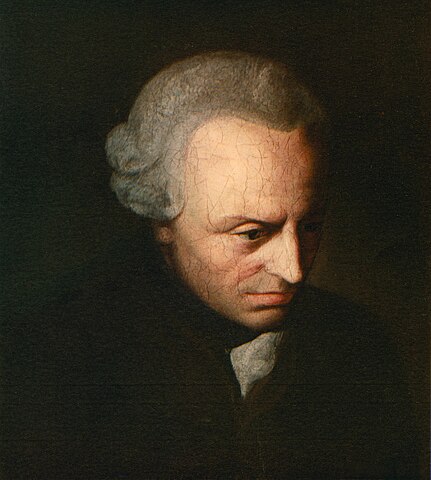Immanuel Kant
22 April 1724 — 12 February 1804

And so categorical imperatives are possible by this: that the idea of freedom makes me a member of an intelligible world and consequently, if I were only this, all my actions would always be in conformity with the autonomy of the will; but since at the same time I intuit myself as a member of the world of sense, they ought to be in conformity with it; and this categorical ought represents a synthetic proposition a priori, since to my will affected by sensible desires there is added the idea of the same will but belonging to the world of the understanding — a will pure and practical of itself, which contains the supreme condition, in accordance with reason, of the former will; this is roughly like the way in which concepts of the understanding, which by themselves signify nothing but lawful form in general, are added to intuitions of the world of sense and thereby make possible synthetic propositions a priori on which all cognition of a nature rests.
— Immanuel Kant, Groundwork of the Metaphysics of Morals, Ak. 4:454, in Practical Philosophy, trans. and ed. Mary J. Gregor (Cambridge: Cambridge University Press, 1996), pp. 100–101.